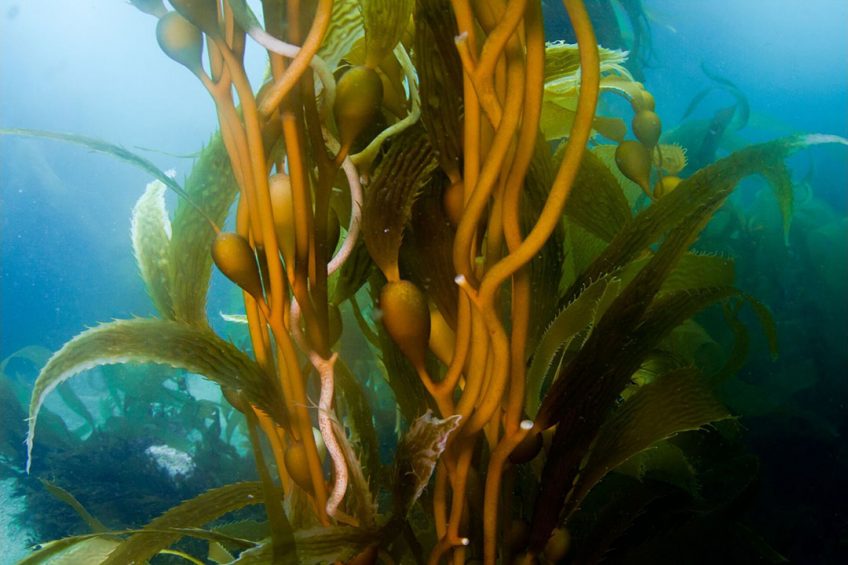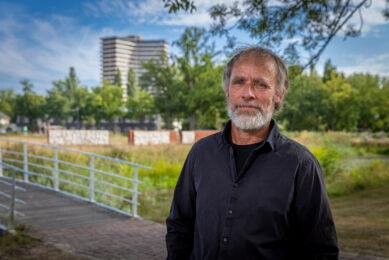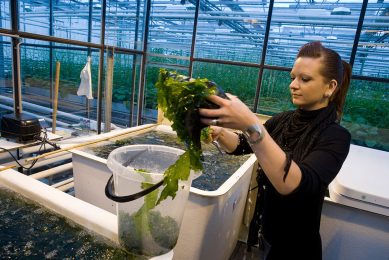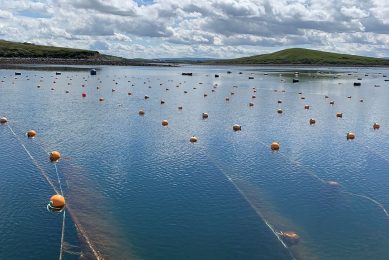Financial boost for English seaweed and shellfish sectors

Burgeoning seaweed and shellfish sectors along the south coast of England have received a boost following the granting of funding for an English Aquaculture Innovation Hub.
Increasing aquaculture in England
The project has won backing from the Government’s Marine Management Organisation and will be run by Dorset Coast Forum, which will start a nationwide study on the potential positive economic impacts of establishing a centre in Dorset. The aim of the hub is to help England increase its aquaculture by 10-fold over the next 2 decades.
The English aquaculture sector will be very different from that of Scotland…
What will the aquaculture hub bring?
Martin Sutcliffe, aquaculture and fisheries development officer at Dorset Coast Forum, said aquaculture could provide rural jobs and prosperity in Dorset, similar to the Scottish Highlands and Islands, that had benefited hugely from the salmon sector.
But he said the Dorset offer would be different: “The English aquaculture sector will be very different from that of Scotland and it’s more than likely that seaweed and shellfish will be farmed near shore, perhaps with the addition of high value fish farmed in tanks on shore. So, it makes a lot of sense to have a hub that focuses on the needs of business here.”
Seaweed as a carbon sink
Sutcliffe told last week’s Digital Dorset webinar that people in the industry were trying to reduce carbon emissions: seaweed is seen as a natural carbon sink.
One of the companies potentially set to benefit from the grant is Jurassic Sea Farms (formerly Dorset Seaweed Company) who have been involved in a seaweed project in Portland Harbour. They have licences to cultivate native species such as sugar kelp, spaghetti weed and dulse. In North America entrepreneurs have used a kelp-based soil amendment that home gardeners and golf courses can use on their plants rather than chemical-laden fertilisers.
Seaweed – the new thing!
There is also a widening interest in kelp from top chefs and health food grocery stores. And US company Akua has launched a vegan burger made from ocean-farmed regenerative kelp. Dulse is known as the vegan bacon and is 8 times as nutritious as spinach.
“Seaweed seems to be the new thing – there are a lot of different applications, it is so versatile – anything from human consumption, animal consumption, fertilisers, biofuels, pharmaceuticals… it’s the greatest source for packaging and alternative source of plastics – its biodegradable and a win- win for the environment,” said Mike Webb of Jurassic Sea Farms.
The hub work is supported by Dorset Local Enterprise Partnership (LEP) and Dorset Council and will include input from Hatch Innovation Services, who have worked on aquaculture innovation centres around the world, including Norway, Canada, the US and Singapore.











